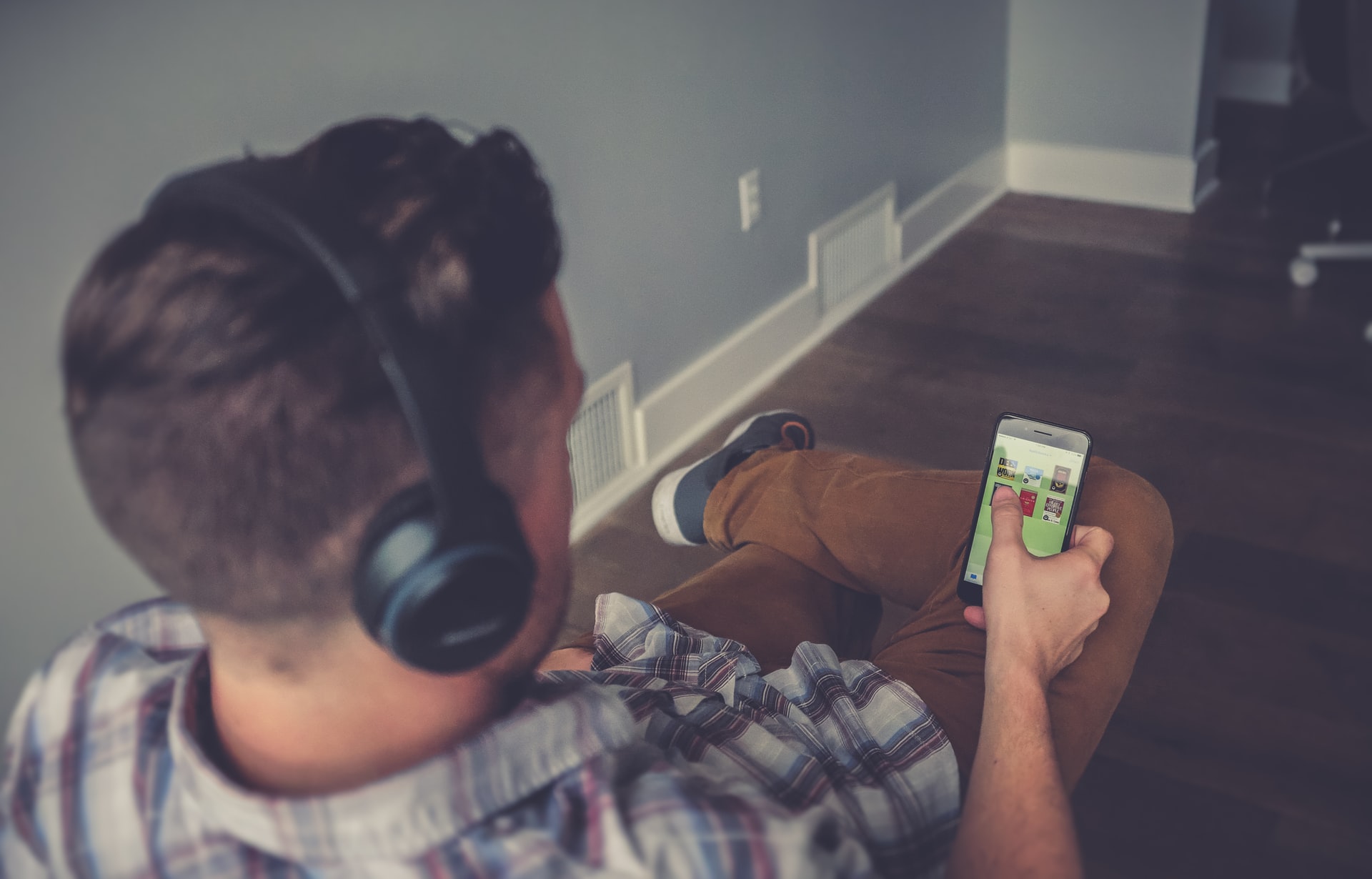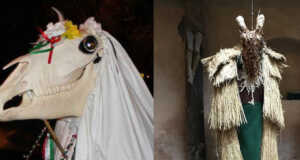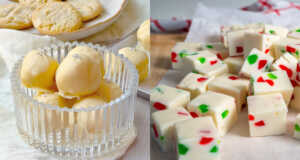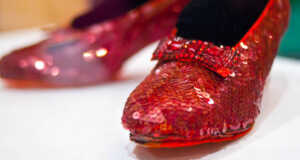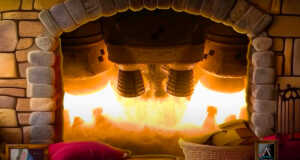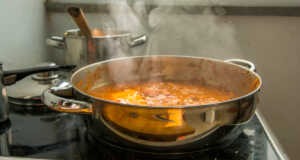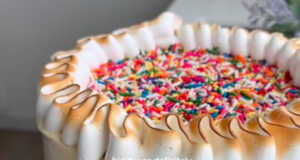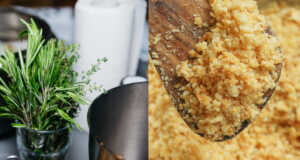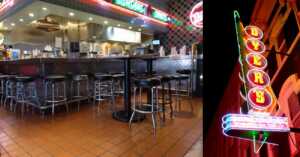Losing power can be a very frustrating and unexpected experience. It doesn’t matter if it occurs due to a hurricane, freezing temperatures, or some unforeseen event, it leaves us in the dark, and if we’re not careful, we may start to panic.
Some power outages are over almost as quickly as they start but others may last for days or perhaps even weeks. Preparing for a power outage is important, but if you are caught without being prepared, consider the following 10 things you should avoid if the power goes out.
1. Thinking That Everyone Has Lost Power – Although your first thought is that the entire block or city is without power, it may just be your home. Take a look to see if your neighbors have lost power or give someone a call. It may have been a power surge that caused one of your circuit breakers to trip, which is a relatively easy fix.
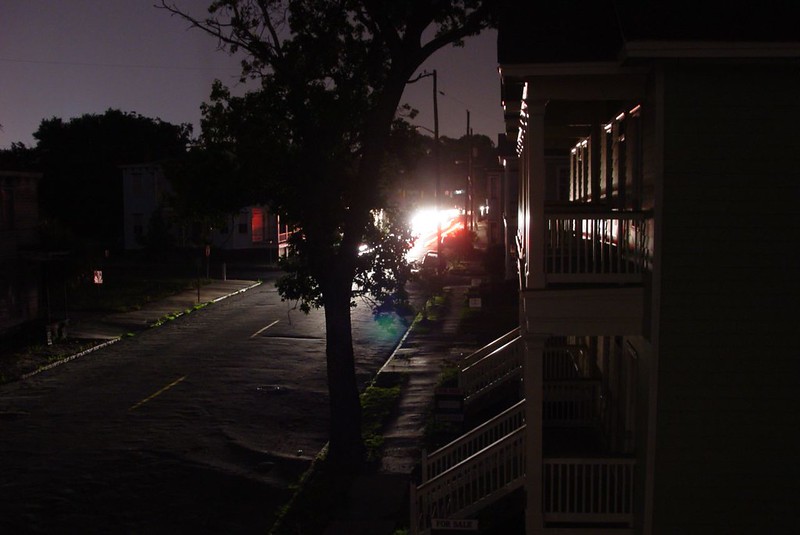
2. Avoid Using Candles – Even though this may seem like the best solution, it’s not the safest solution. Candles can provide light but they are also easy to knock over, and if you have to move through the home, they present even more safety hazards. Instead of using candles, keep flashlights available through the home, and as a temporary measure, use the flashlight on your cell phone.
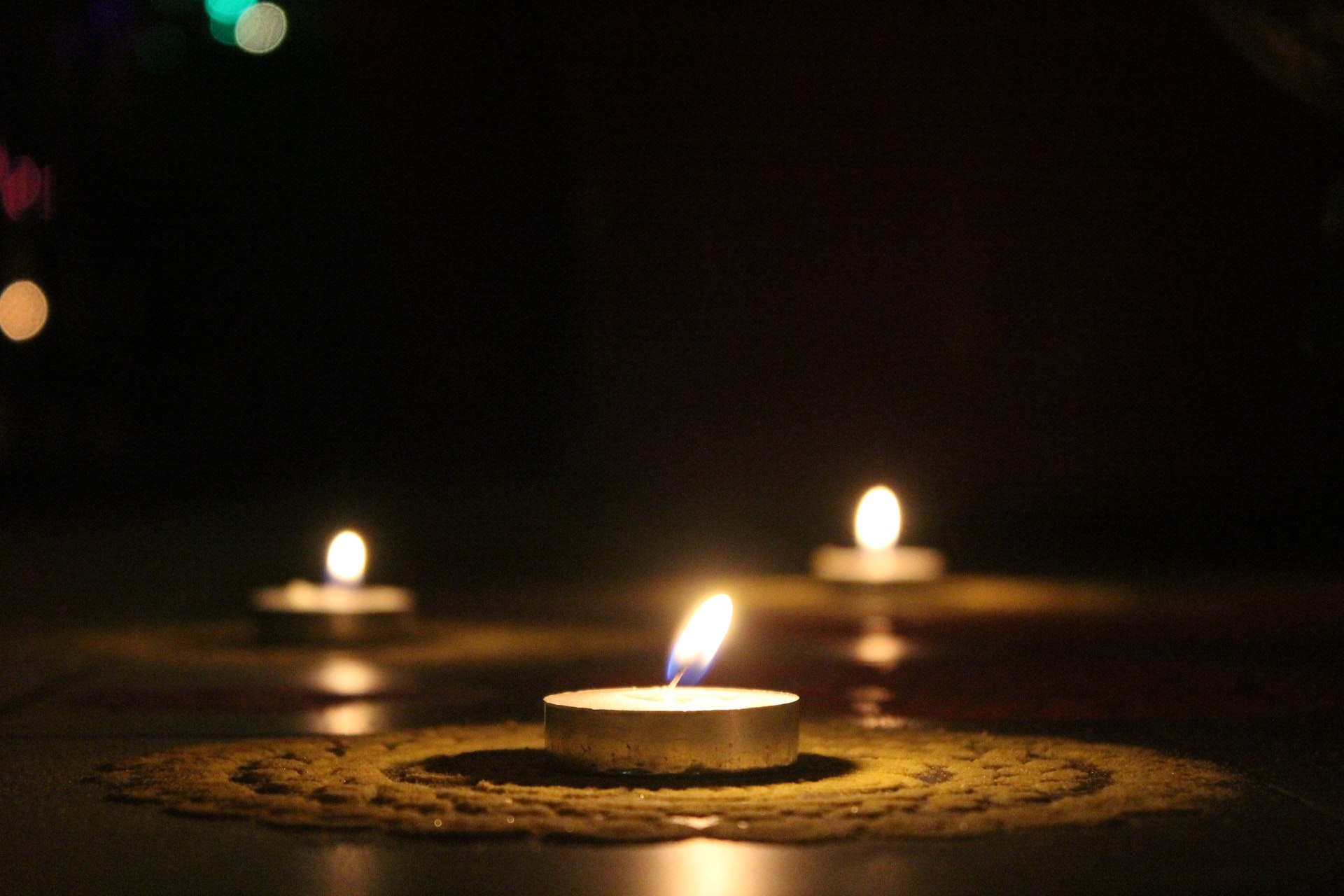
3. Don’t Leave Things Plugged In – This is something that most people tend to avoid, but it can be a very expensive mistake. If the power is off and it suddenly comes back on, it might bring a power surge along with it that could fry your electronic items.
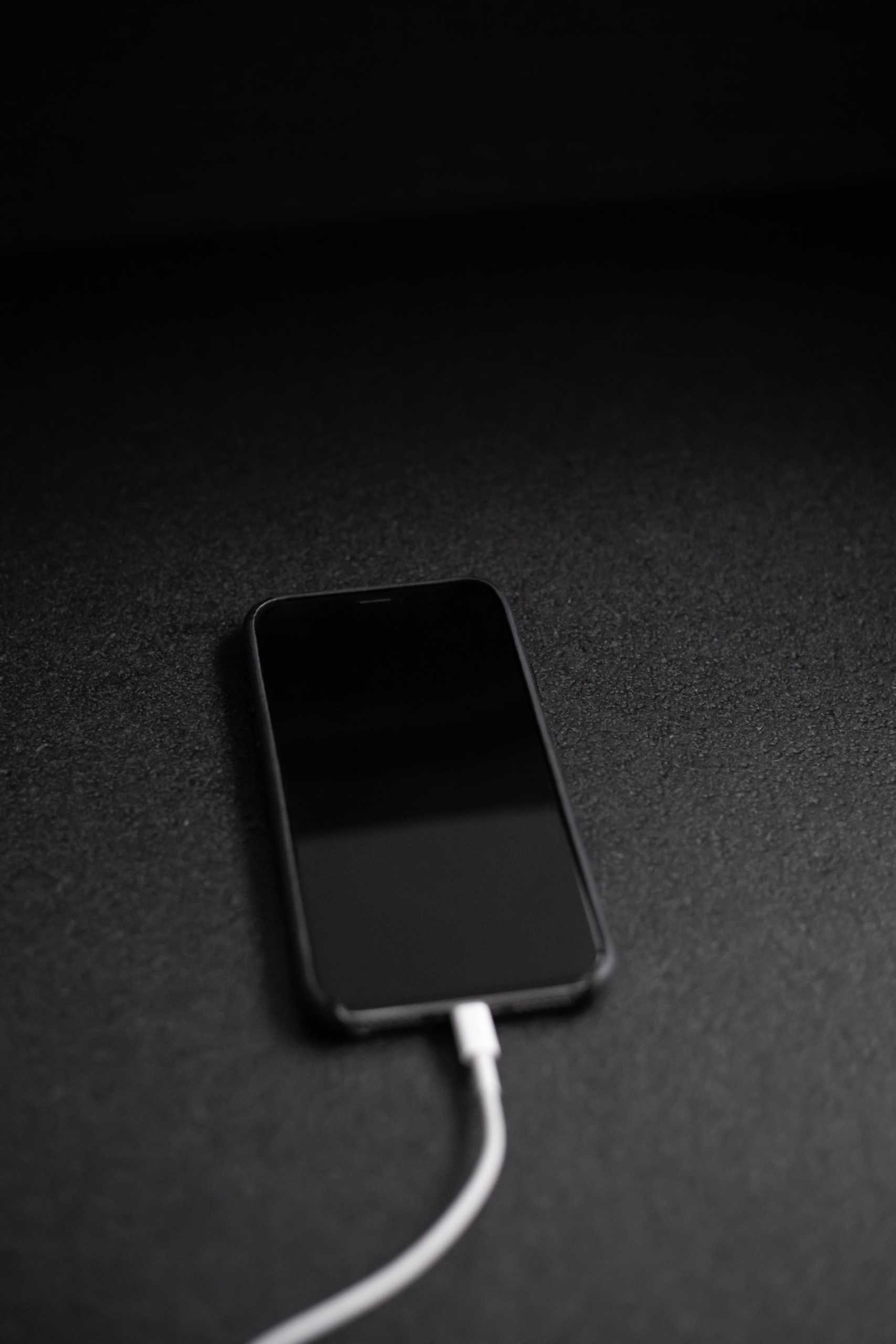
4. Opening the Refrigerator – Food in the refrigerator and freezer will stay cold for several hours, but if you open the door to either, you will lose cold air quickly. Leave the door shut and keep your food safe.
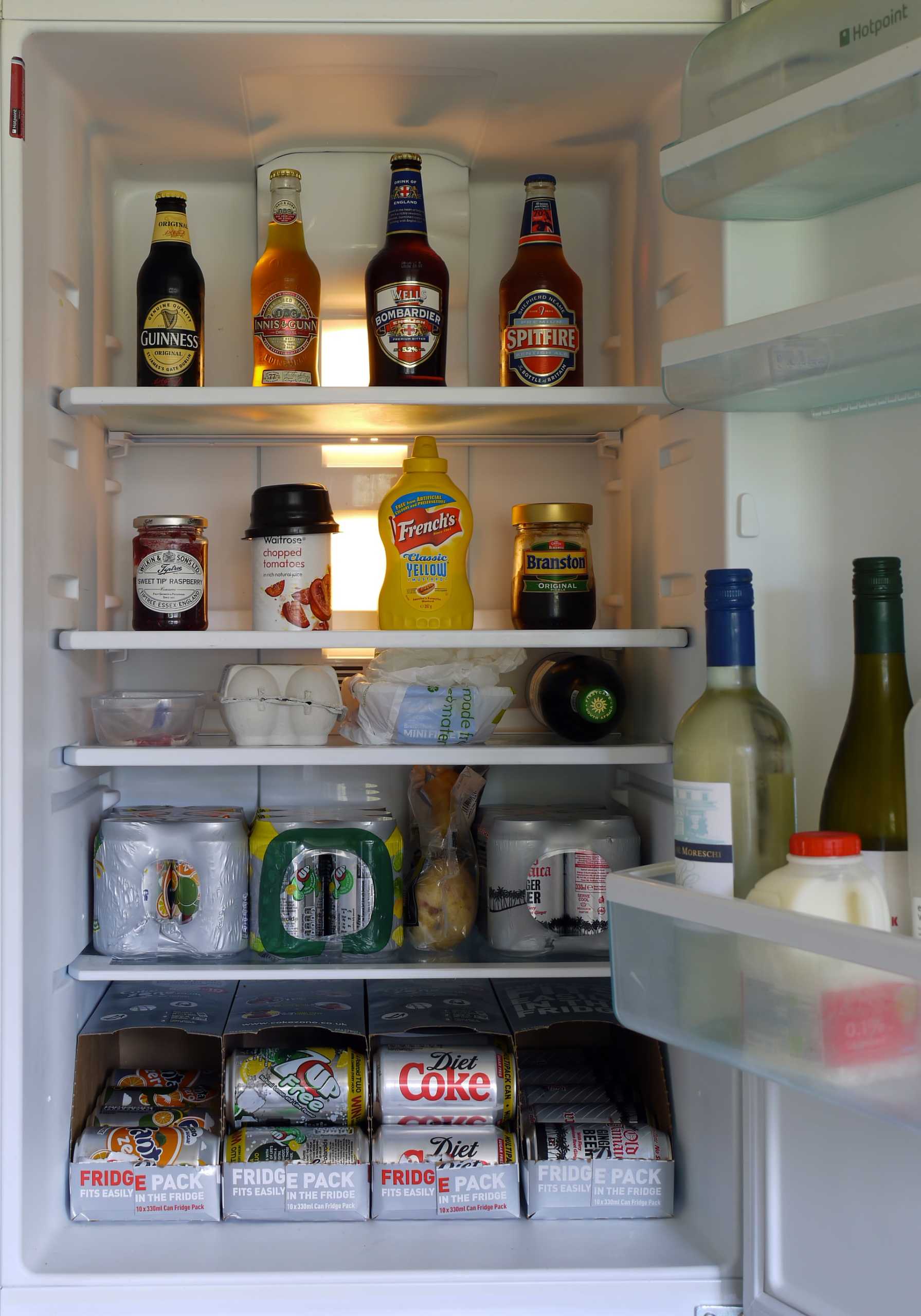
5. Grilling Indoors – When the temperature is cold and the power goes out, it may be tempting to fire up the grill inside. Not only does grilling indoors present a significant fire hazard, it can also lead to the buildup of carbon monoxide, the “silent killer”.
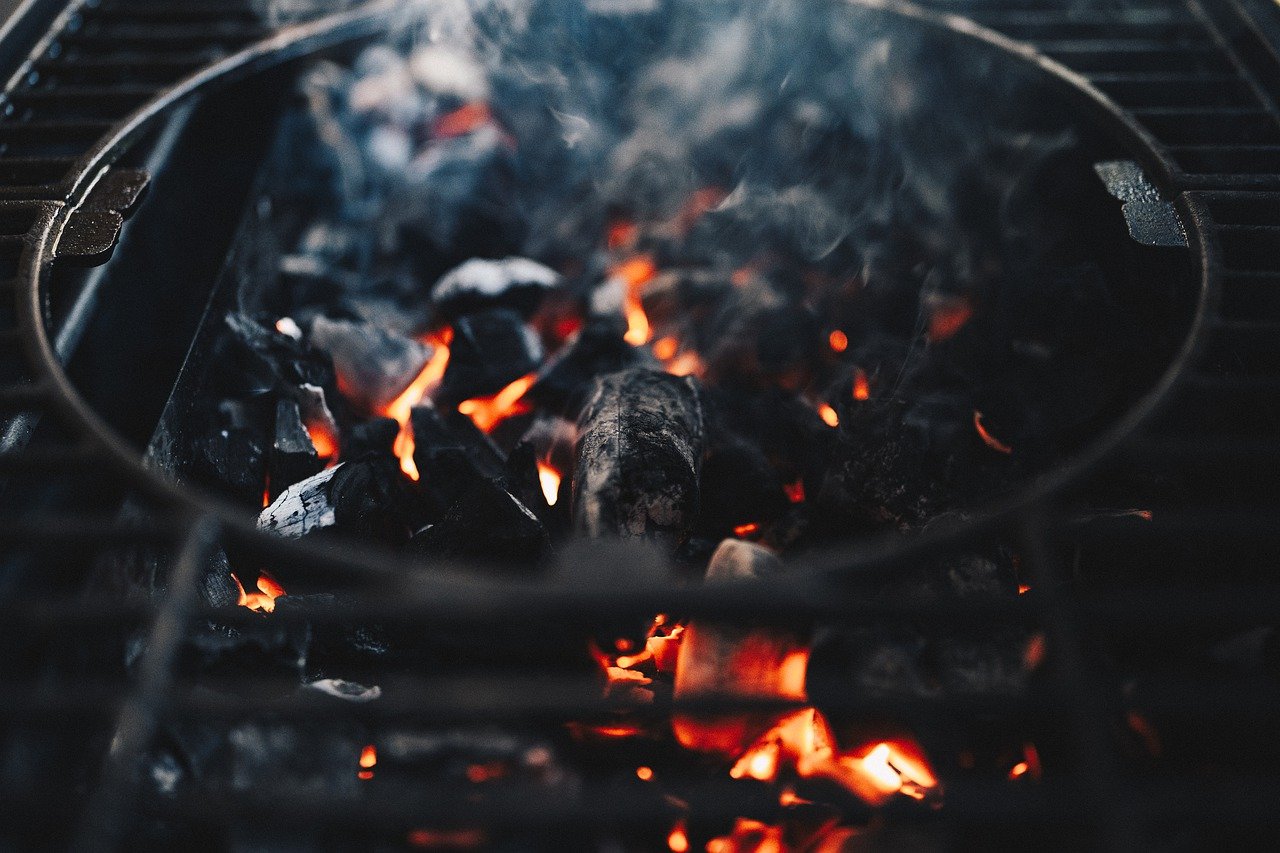
6. Walking through Standing Water – Storms are often one of the issues that can lead to a power outage. Although it may be tempting to wade through standing water, there might be a downed power line in the area that could lead to tragedy. Avoid standing water.
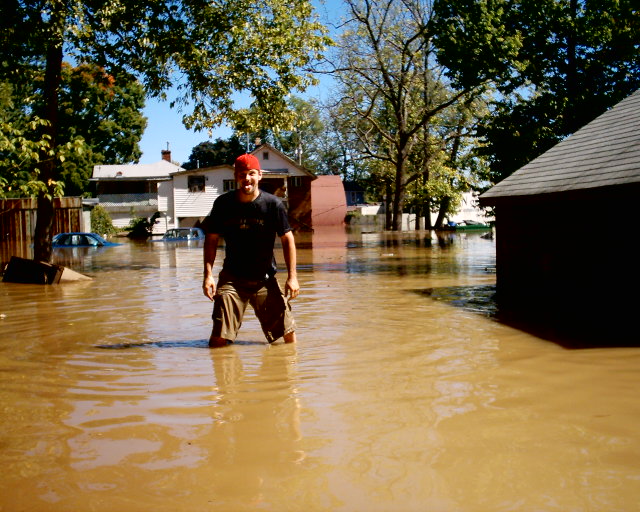
7. Allowing Pipes to Freeze – If the power goes out during the winter, your pipes may freeze. Don’t allow them to freeze and feel as if you can thaw them out later. As the water in pipes freeze, it expands and that can cause the pipes to burst. Leave your water dripping to keep the water flowing, instead of freezing.
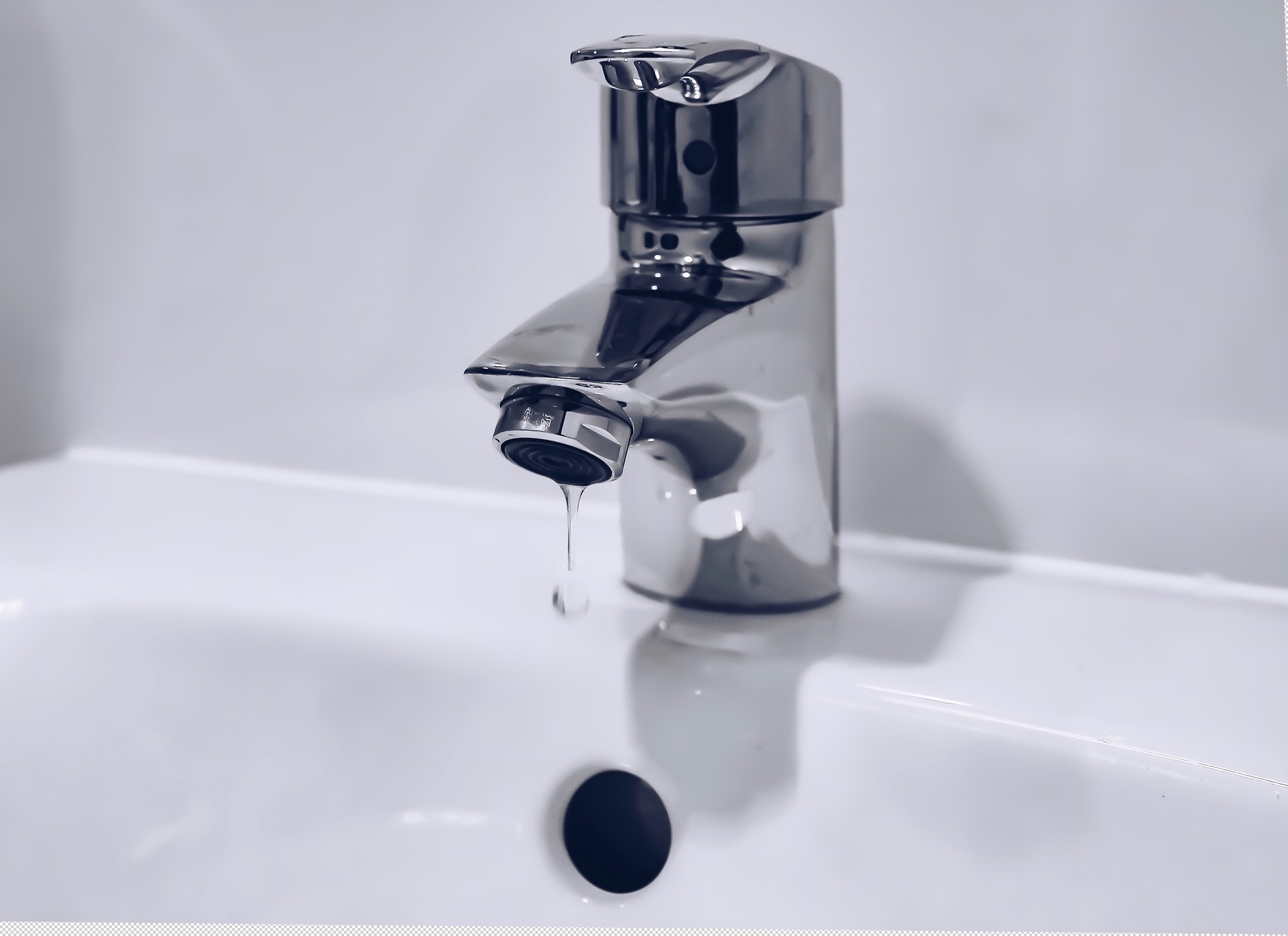
8. Don’t Ignore Your Comfort – When the power goes out, it can get uncomfortable quickly. Make some adjustments depending upon the weather outside so that you are as comfortable as possible on the inside. The options are going to be different, depending upon the time of year, but being comfortable is the only way to get through it.
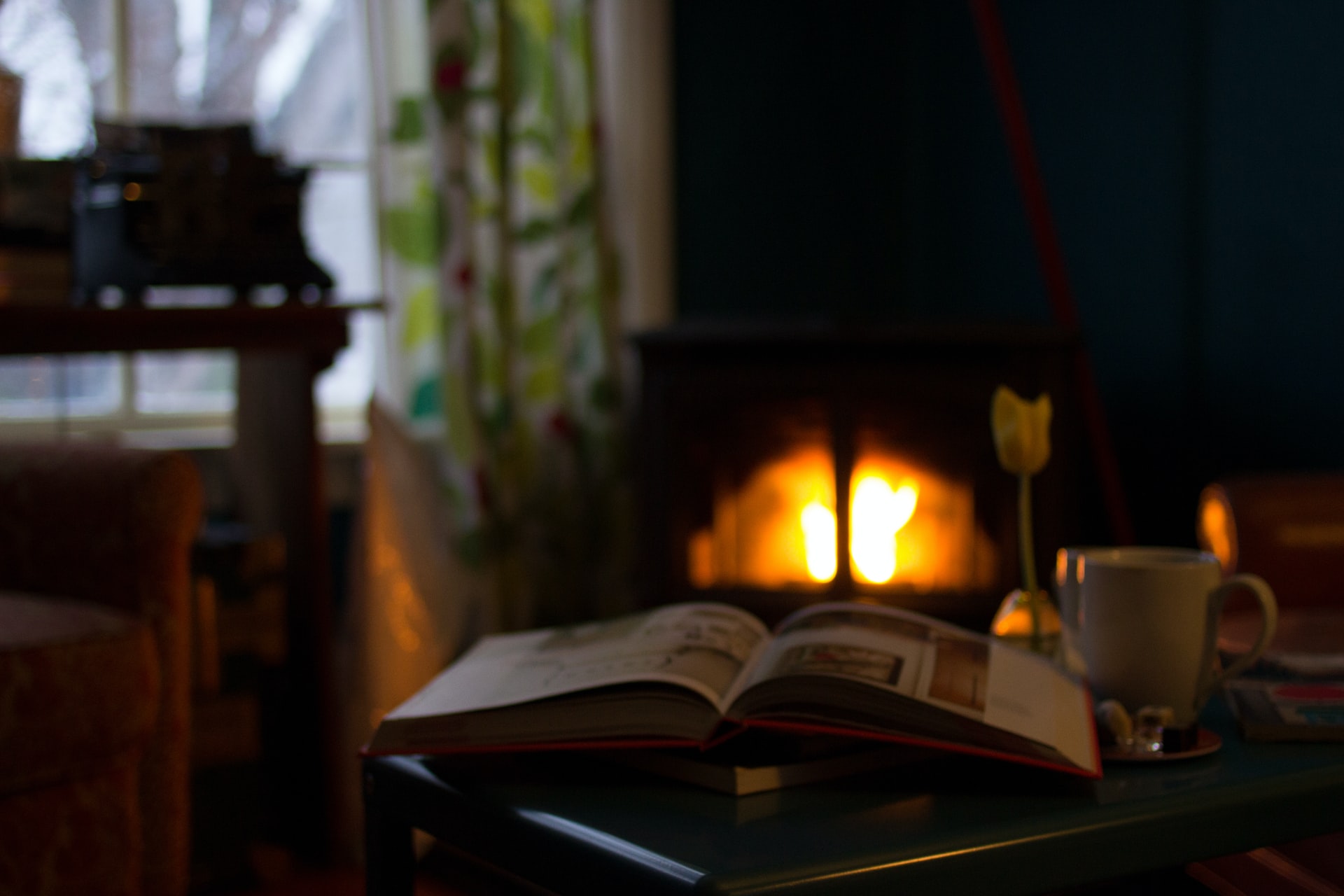
9. Using All the Hot Water – Water systems will probably be active, even if the power is out. The only reason why it wouldn’t be active is if you use a well. That being said, if you go through your hot water quickly, you may be out of hot water for a very long time. In addition, the sewage system may only be able to handle so much during a power outage. Conserve water during that time.
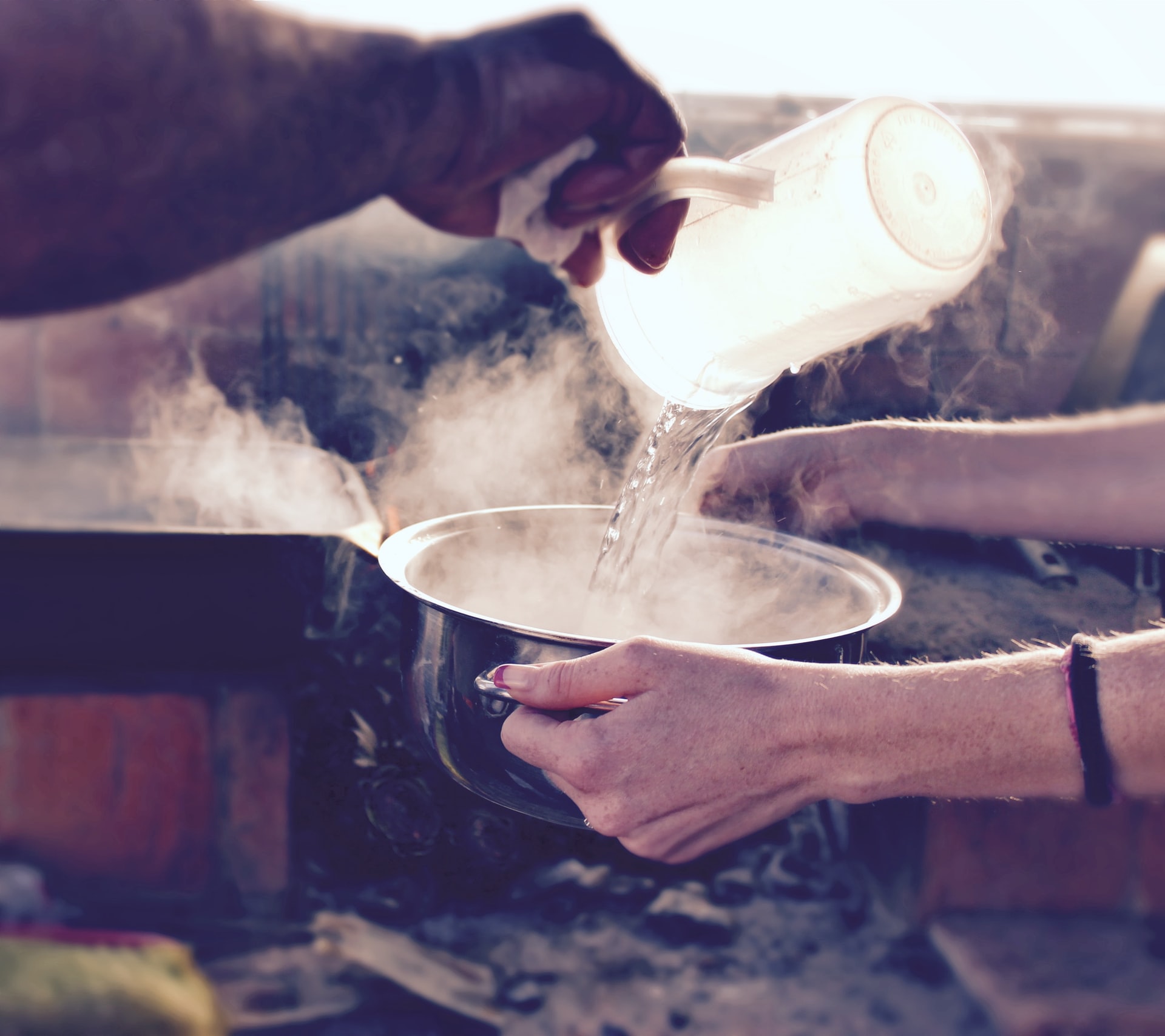
10. Don’t Use Batteries – Although it is necessary to use batteries during the time that the power is out, try to conserve them as much as possible. This includes your phone because it may be needed during an emergency and if you are playing games to pass the time, the battery will die much more quickly.
